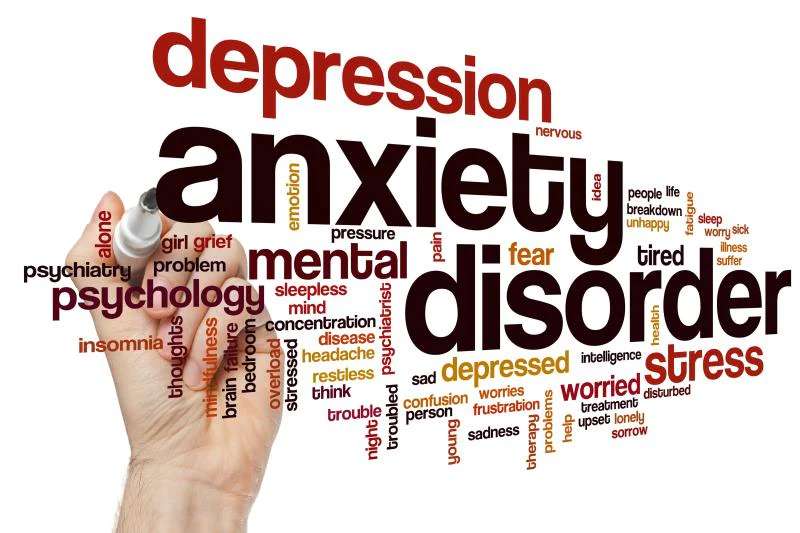The ongoing psychiatrist shortage in St. Vincent and the Grenadines has reached alarming levels, significantly impacting the mental health care system. As of 2025, the government faces increasing challenges in addressing the mental health needs of its population, leading to a crisis that requires urgent attention and strategic solutions.
St. Vincent is grappling with a surge in mental health issues, primarily substance abuse and schizophrenia, which are among the most frequently diagnosed psychiatric disorders in the country. The lack of sufficient psychiatrists has exacerbated these problems, leaving many individuals without access to the necessary care. The absence of a forensic psychiatric facility further compounds this crisis, as noted by local officials and healthcare advocates.
The government of St. Vincent and the Grenadines, led by Prime Minister Ralph Gonsalves, has recognized psychiatry as a significant weakness in the national healthcare system. In recent statements, the Prime Minister highlighted ongoing efforts to attract and retain psychiatrists. However, these efforts have yet to yield substantial results. The recruitment of mental health professionals is hindered by various factors, including limited resources, inadequate incentives, and the growing global competition for qualified psychiatrists.
St. Vincent’s psychiatrist shortage is not an isolated issue; it reflects a broader global trend. Studies indicate that by 2025, there could be a significant deficit of mental health practitioners worldwide. The National Council for Behavioral Health has projected a shortfall of approximately 31,000 practitioners in the United States alone. As awareness of mental health issues rises, so does the demand for services, outpacing the supply of available professionals.
The consequences of the psychiatrist shortage are profound. Without adequate mental health care, individuals suffering from psychiatric disorders may experience worsening symptoms, leading to increased hospitalizations, a rise in substance abuse, and heightened risks of suicide. Furthermore, the burden on existing healthcare providers intensifies, as they struggle to meet the growing needs of their patients without the necessary support.




